SUMMARY
This is AI generated summarization, which may have errors. For context, always refer to the full article.
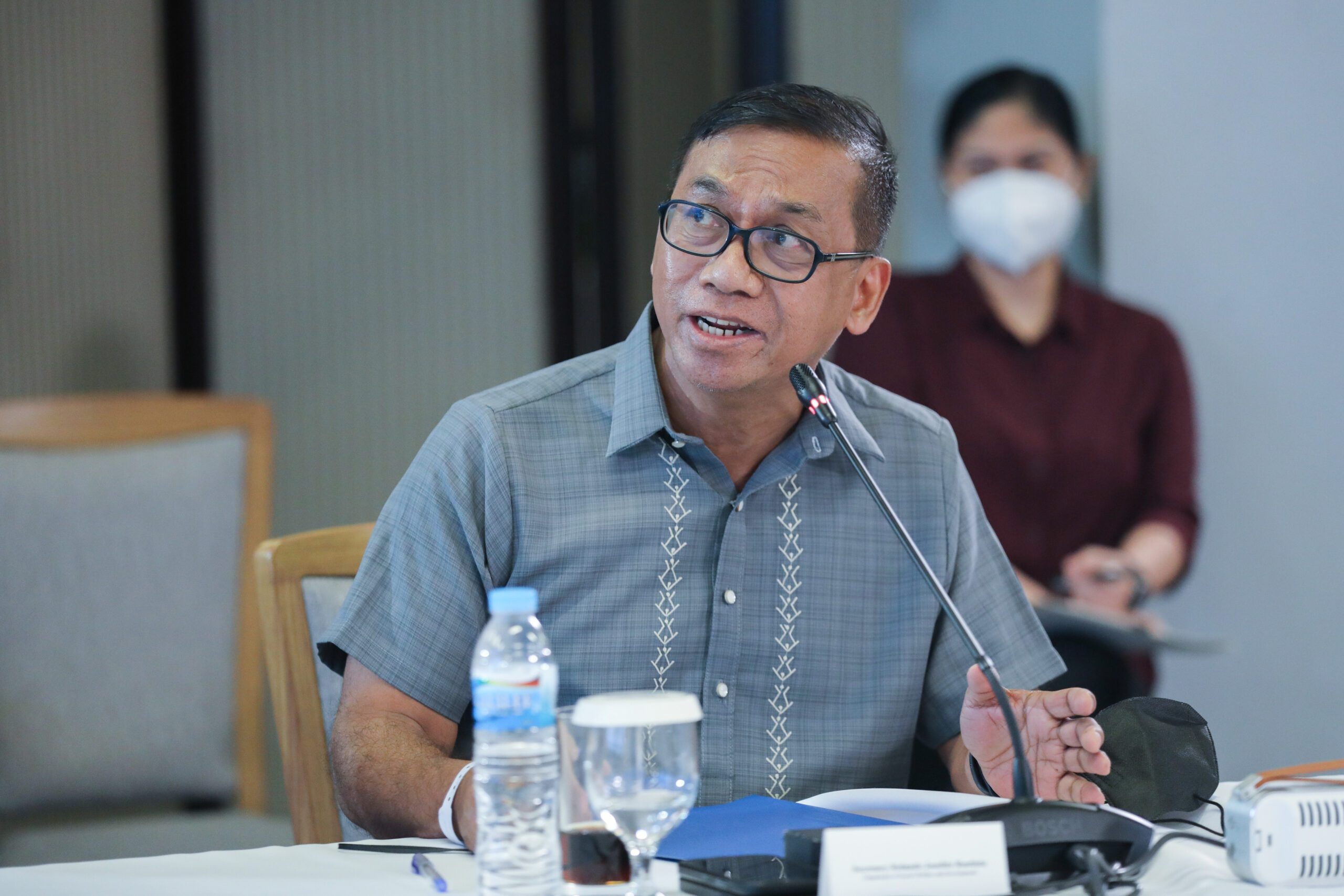
MANILA, Philippines – A geologist and career official was recently named the head of the Department of Science and Technology (DOST).
On Friday, August 12, Press Secretary Trixie Cruz-Angeles announced Renato Solidum Jr.’s appointment as the new DOST chief.
Prior to his appointment, Solidum served as Phivolcs officer-in-charge and DOST undersecretary.
The scientist from Odiongan, Romblon, weathered eight administration changes, working in the government since the late president Ferdinand E. Marcos’ last two years in office, to the post-EDSA democracy, and now under President Ferdinand Marcos Jr.
The DOST was one of the few government agencies left without a new chief after Marcos was inaugurated. The department is responsible for innovating products and services, promoting research and development, and formulating policies in the science and technology field.
Rose from the ranks
Solidum’s headship was 38 years in the making. A fresh graduate of BS Geology from the University of the Philippines-Diliman, Solidum immediately entered Phivolcs in 1984 as science research specialist I, an entry-level position in the bureau.
He worked his way up the ranks, becoming supervisor, division chief, then Phivolcs director by 2003. He held the position for 14 years until he became undersecretary for Disaster Risk Reduction and Climate Change Adaptation in 2017. In the same year, he was assigned as officer-in-charge of Phivolcs. In 2019, he became undersecretary for Scientific and Technical Services.
His steady rise among the ranks seem to only point in one direction: being the science and technology secretary in the near future.
Was there any hesitation from his part when offered the position? His almost four decades in public service lent Solidum a certain level of self-assurance, saying that he already decided that if he would be offered the position, “I’d say yes.”
“When I am old [enough] to serve for another position that would really serve the country, I’d accept,” Solidum told Rappler. “I’m a public servant. That has been my goal: to serve the country.”
Solidum also pursued postgraduate studies abroad, gaining a master’s degree on Geological Sciences from the University of Illinois, Chicago, and eventually a doctorate degree on Earth Sciences from the Scripps Institution of Oceanography, University of California, San Diego.
Data-driven leadership
Appointing officials who have both bureaucratic experience and technical knowledge has always been a tricky matter.
Many in the scientific community welcomed the ‘well-deserved’ appointment. Fortunato dela Peña, former DOST chief, described Solidum as “a model public servant.”
Dela Peña expressed his confidence, “He has the needed technical, intellectual, managerial, and people skills for the responsibilities and tasks laid before him.”
The Philippine Council for Industry, Energy and Emerging Technology Research and Development says they are hopeful “his appointment will further spur and enable innovations and opportunities [that are] inclusive and competitive.”
“He is a man of science and is a good pick,” Mahar Lagmay, executive director of the University of the Philippines Resilience Institute, told Rappler. Despite their differences in policy formulation, Lagmay said he expects Solidum to bring science to the forefront of the country’s development.
Solidum makes it clear that his mission is to champion the innovations from the scientific community. “I am very happy for the support,” Solidum said. “My role as the head of DOST is to be a facilitator and marketer of our advocacies, products.”
To become an effective voice of the scientific community, Solidum said data “should govern all our efforts.” The earthquake expert said advancing further digitalization of disaster information is one of his main priorities.
This is apparent in Solidum’s work in disaster risk reduction. Solidum mentioned projects developed before, including GeoRiskPH, a platform that aims to standardize data and provide hazard information for local governments across the Philippines. Other applications under the platform are GeoMapperPH and GeoAnalyticsPH.
He gives emphasis on working closely with local government units, not only to give them the tools to help them make well-informed decisions, but to collate granular data which “can be used for site-specific assessment.”
Solidum aims to expand the platform in the future. “Soon we will launch an automated planning tool to revolutionize planning on disaster risk reduction.”
Focus on human, organizational development
Beyond innovating products and services, Solidum believes supporting human development is also important for ‘fine tuning’ work processes inside and outside the agency.
“People know me more on disaster, climate change,” said Solidum. “[But] one of the things I focus [on] is human resource development based on capacities, and organizational development.”
Their program is already set, assures Solidum, aligned with the socio-economic agenda of the President. In relation to this, Solidum says job creation for the “improvement of productivity of key industries” is one of the things he will tackle.
An agency that works like a well-oiled machine is important for Solidum, as he sees DOST as an organization that should have the capacity to work with other agencies seamlessly.
Good organizational practices are vital for DOST which has several attached agencies and institutes under it, such as the Philippine Atmospheric, Geophysical and Astronomical Services Administration and the Philippine Nuclear Research Institute.
“DOST is [an] organization which has so many activities related to different departments,” he said. “[It is concerned with] issues of food security, health, energy education, disaster risk, climate change, digital transformation,” he said. – Rappler.com
1 comment
How does this make you feel?
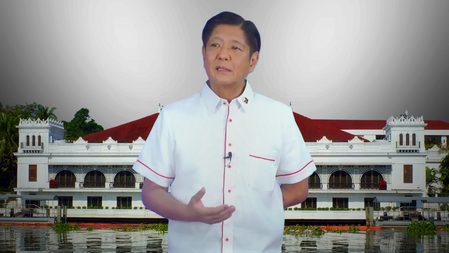
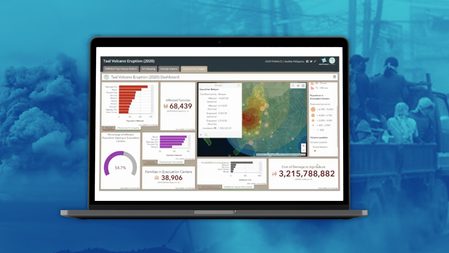
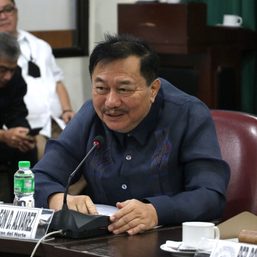
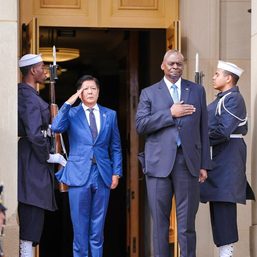

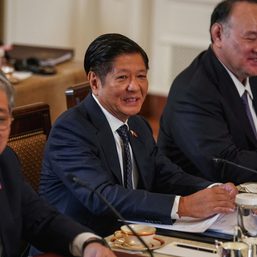
Great news, for once!